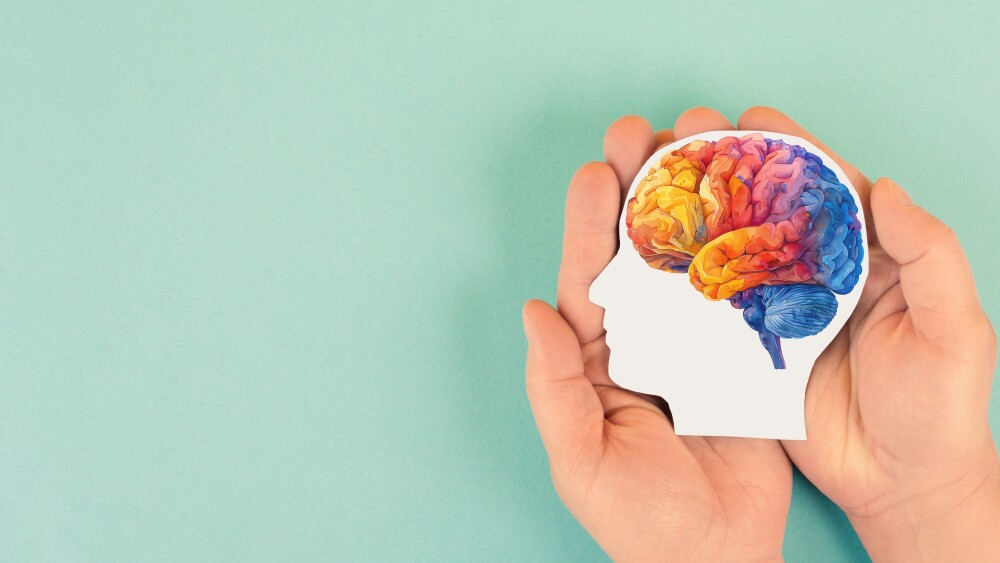In the U.S., many states and organizations are using unique tactics to improve vaccination rates including setting up mobile vans, offering $100 incentives, and free beers.
Paul Hennessy/SOPA Images/LightRocket via Getty Images
A global effort is currently underway to improve coronavirus disease 2019 (COVID-19) vaccination rates. Vaccination uptake in certain regions of the world is still lagging, causing delays in moving forward to a post-pandemic future.
In the U.S., many states, organizations and employers are using unique tactics to improve vaccination rates. The Wall Street Journal reports New York City plans to offer COVID-19 vaccines to city tourists, an effort initiated by Mayor Bill de Blasio to increase and revive the tourism industry.
Under this initiative, mobile vans and buses will be set up at Central Park, the Empire State Building, and other areas frequently visited by New York City tourists so visitors can receive an authorized vaccine.
Currently, the plan is to use the single-shot Johnson & Johnson (J&J) vaccine at the New York City pop-up locations, reducing the need for visitors to return two weeks later to receive another dose. If these plans are approved, the vaccination vans will travel to Times Square, Brooklyn Bridge Park, and other parts of the city this weekend.
And on Monday, New York City Governor Andrew Cuomo announced the state was offering additional J&J COVID-19 vaccination sites at subway and commuter stations across several boroughs.
“We’ve made huge progress vaccinating New Yorkers across the state, but vaccination rates are slowing and we have to redouble our efforts,” Cuomo said, as reported by ABC News. “New Yorkers may struggle to take time out of their schedules to get the vaccine, so we’re bringing it directly to them at these new sites in MTA stations.”
The White House recently announced rideshare companies Uber and Lyft will now be offering free trips to COVID-19 vaccine sites, a program that will launch within the next two weeks and run until Independence Day. This represents President Biden’s hope that up to 70% of all adults in the U.S. will have received at least one vaccine dose by July 4th.
So far, over 58% of adults in America have reached the 70% vaccination milestone, according to the Centers for Disease Control and Prevention. Additionally, more than 44% of US adults have been fully vaccinated against the novel coronavirus.
In New Jersey, Governor Phil Murphy considers paying residents to get a vaccine to push the state’s vaccination rate to 70% by June. The “Operation Jersey Summer” campaign, launched last week by Murphy, provides different incentives for getting the vaccine. As part of this program, residents of New Jersey aged 21 years and older can be offered a free beer if they received the COVID-19 vaccine, as reported by Fox News.
Maryland and West Virginia have also joined the ranks of New Jersey and other states in offering incentives to residents for getting immunized. Maryland plans to pay state employees up to $100 if they become fully vaccinated. At West Virginia, residents aged 16 to 35 years can earn a $100 savings bond if they get vaccinated against COVID-19.
Governor of Connecticut, Ned Lamont, announced in April that some restaurants across the state would give out free drinks to individuals who showed a vaccine ID in addition to a regular ID. And in April, activists for cannabis gave free marijuana to people in Washington DC and New York City who had a vaccination card. Some people inoculated with an authorized COVID-19 vaccine at the Snoqualmie tribal vaccination site received free tree saplings in Seattle.
While free items may somewhat encourage and improve vaccination rates, some critics suggest more practical incentives like paid time off to get the vaccine could further bolster COVID-19 vaccination rates across the country.
“One way to incentivize is to cover transportation costs, or reimburse people for their time off…so that people don’t incur expenses by doing the right thing,” said Nancy Jecker, a professor of bioethics at the University of Washington School of Medicine, in an interview with Bloomberg CityLab. “That, to me, is a way of covering costs without creating undue inducement, and it’s also a way of making vaccination more accessible to those who are most vulnerable.”





